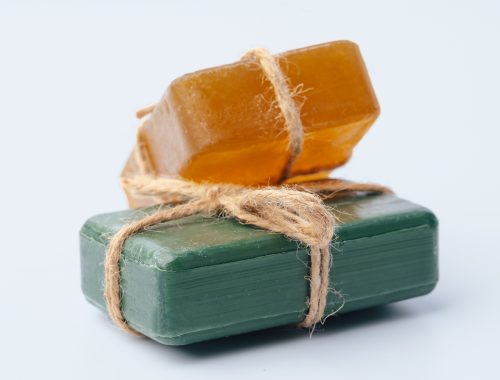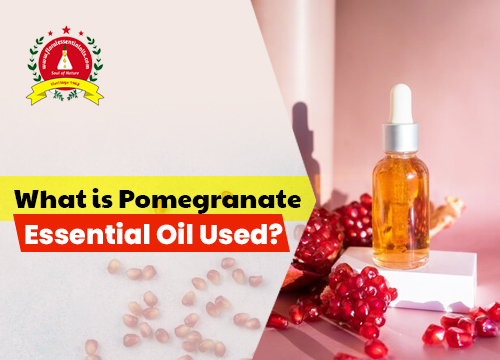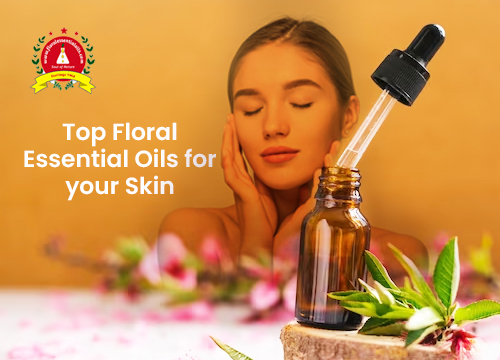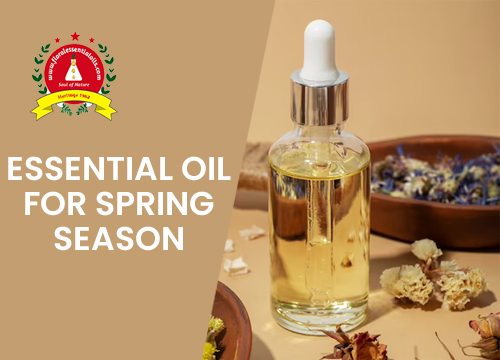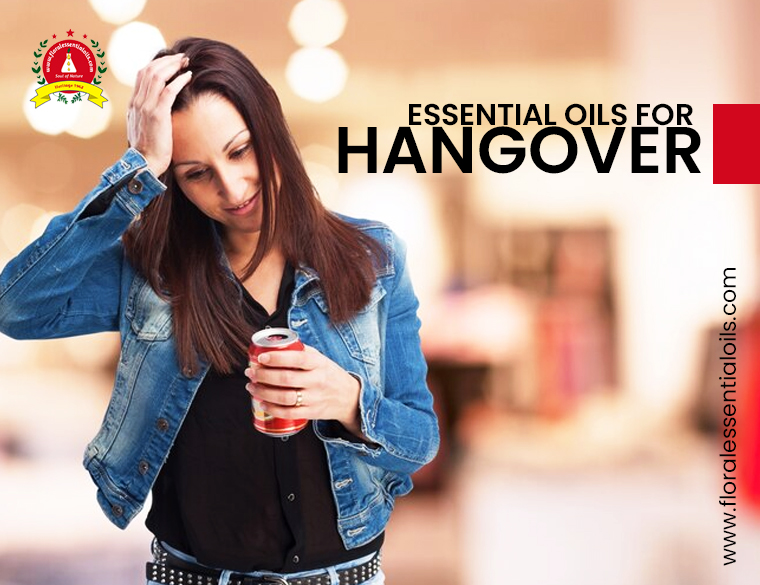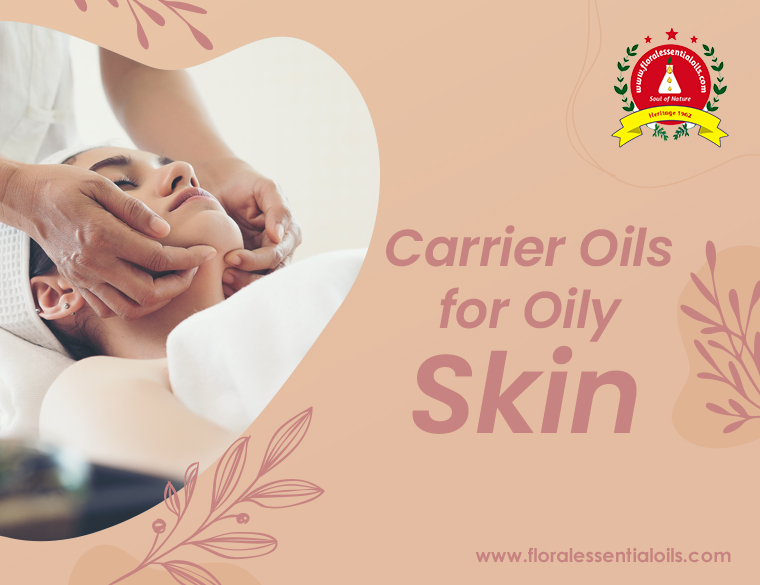After a long, dull day, one can long for the rejuvenation that Mint soaps’ energizing and revitalizing scent provides. Instead of real peppermint or spearmint essential oil, commercially produced mint soaps may use an artificial mint fragrance. DIY mint soaps made with organic ingredients, however, contain natural essential oils that not only improve the health of your skin but also awaken your senses.
You can have the best of both worlds by creating your own fragrant, handcrafted mint soap using essential oils and other natural ingredients. In order for you to use homemade peppermint soap wisely on yourself, we have compiled an easy-to-follow recipe along with its benefits.
Benefits of Homemade Peppermint Soap
If you want a soap that will make your summertime bathing experience enjoyable, mint is the answer. DIY peppermint soaps refresh your skin and give you a youthful appearance. In actuality, people with oily or acne-prone skin should use homemade peppermint soaps. Your skin is also exfoliated, leaving it supple and smooth. Check out these advantages of using homemade mint soap:
Benefits of Peppermint Soap
Skin irritation is relieved by peppermint soap, which has calming and cooling qualities that are perfect for irritated and itchy skin. Due to its antiseptic and antibacterial properties, peppermint soap is suggested for psoriasis treatment. Even bug bites can be treated with it.
Reduces acne: The antibacterial properties of peppermint soap help it combat bacteria that cause acne. It controls sebum synthesis, preventing pore blockage and acne. Additionally, it creates a barrier on the skin to shield it from external aggressors.
Removes oil and dirt: Peppermint soap can be used to treat breakouts and blemishes in people with oily or acne-prone skin. It also helps to maintain the right pH balance in natural oils. This soap’s natural exfoliating abilities guarantee that skin will be clean and clear.
Reduce Sunburn: A common remedy for sunburns is peppermint-scented soap. In fact, it has also been demonstrated to have SPF value. It not only functions as a natural pain reliever because it is a natural cooling agent, However, it also provides cooling relief for uncomfortable sunburns.
Menthol, which is present in peppermint soap and has a cooling effect, helps to promote clear, healthy skin by reducing irritation. This mint soap’s delightful aroma is invigorating, potent, and calming.
Recipe for Homemade Mint Soap
Not only are handmade peppermint soap bars beautiful and pleasing to the eye, but they also have fantastic skin benefits. It helps to soothe itchy skin and acts as an antibacterial skin cleanser. The pain from insect bites, zits, and acne can also be eased with the aid of this peppermint soap recipe. Use the following recipe to make your own homemade mint soap:
Components Required to Prepare Homemade Mint Soap
1 cup of Melt and Pour Soap Base
Silicone Cavity Soap Mold
a few dried peppermint leaves
a green soap dye
10 drops of essential peppermint oil
petroleum glycerine
A microwave bowls
Making Peppermint Soap at Home
You can make your very own DIY peppermint soap at home by following the recipe provided below:
Recipe for Making Peppermint Soap at Home
Cut the soap base into small cubes in step 1
Cutting up the melt and pour soap base is the first step in creating your own mint soap. The soap melts quicker and more evenly as a result. Make cubes of the melt and pour soap base that are 1 cm (1/2 in) in size.
2. Melt the soap base
Microwave the soap base for 30 seconds at a time, stirring in between. By doing so, heat is distributed more evenly and the soap base is kept from burning. Alternately, you could use a double boiler to melt your soap base.
3. Combine the melted soap base with the colored soap pigment.
It’s time to have some fun now that the soap base has fully melted! Here is where you can use your imagination and add unique ingredients to make your own soap. But first, give your soap a natural color by coloring it with a soap pigment.
4. In a mixing bowl, combine the essential oils.
Add peppermint essential oil once the colored soap base has been created. Your soaps will benefit from this oil’s nutrition as well as its aromatherapy and enjoyable use qualities.
5. In a mixing bowl, combine the dried peppermint leaves.
Combine the dried peppermint leaves with the melted soap. The dried leaves give the soap bars a lush, rich appearance. They also produce soaps that nourish and exfoliate the skin.
6. Pour the melted soap base into the soap mold.
After thoroughly mixing, pour the mint soap base mixture into the soap-making molds of your choice. The molds’ interiors should be covered in petroleum jelly.
If you use a plastic mold, the results will be slick and simple. At room temperature, let the mixture cool for 24 hours.
7. Take the soap bars out of the mold.
The mint soap bars should be carefully removed by turning the mold on its side. Allow the mint soap bars to tumble out as they loosen their hold on the molds. You can only pick up the soap bars after they have completely dried.
8. Put the soap bars in a glass jar for storage.
It is best to store the batch in a glass jar to preserve the shape and texture because the chilling and setting process of soaps can take 1–2 days.
How Should I Use Peppermint Soap in the House?
Use warm water to dampen your skin, then use this soap to gently massage your skin until a thin layer of lather or foam forms.
You can now use lukewarm water to rinse the soap from your skin before patting it dry.
Conclusion
Mint soap made by hand is lovely and fragrant. Additionally, since peppermint essential oils have been added, you can feel good about using this all-natural option.
This peppermint soap requires very little effort to look sophisticated because it is so easy to make! Additionally, this soap makes a wonderful handmade gift for friends, family, neighbors, and anyone else on your list! So have fun making your own Mint soap with your favorite ingredients!

